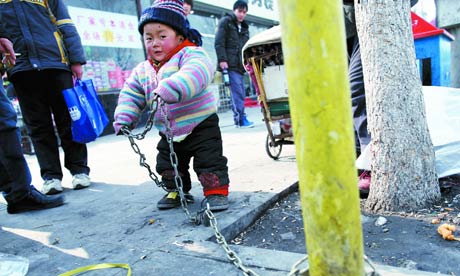Alok Bhatt
Impunity Watch Reporter, Asia
COLOMBO, Sri Lanka – The Sri Lankan government recently designed and carried out the arrest of General Sarath Fonseka. The General was once heralded by the Sri Lankan government as one of the most valuable military players in the civil war against Tamil Tigers opposition group. General Fonseka served the government as a leader in Sri Lanka’s struggle against the rebel organization; a war that had been plaguing Sri Lanka for over a quarter-century. However, due to significant political friction between General Fonseka and President Mahinda Rajapaksa, the two fell out with one another and Fonseka lost his revered status among government officials.
Fonseka has been charged with war crimes and conspiring to execute a coup against the current Sri Lankan government. It has also been alleged that Fonseka maintains and exploits connections with anti-government groups to further promote and realize his apparent designs to overthrow the government. General Fonseka, however, denies the allegations.
The arrest of General Fonseka has incited protesting and some violence on Sri Lanka streets, as anti-government protestors, angry civilians, and government forces clash with one another. Political leaders question the motives behind the extra-judicial arrest, and remain apprehensive about the foreseeable maltreatment of General Fonseka. The leaders of anti-government groups have released statements relating their concern for the life of the General, fearing the possibility of his execution while in custody.
The details of Fonseka’s actual arrest suggest a denial of fundamental legal rights and perpetuate the bad faith in the Sri Lankan government’s dealings. General Fonseka, having lost the post-war elections to President Rajapaksa, accused the government of fixing the election. Government forces subsequently stormed the military leader’s campaign office and “dragged” him away, charging the general with various war crimes.
The civil war in Sri Lanka between government forces and the Tamil Tigers left over 7,000 civilians dead and raised myriad other human rights issues. The government’s treatment of Tamil nationals during the period following the war’s end and up until now remains questionable and has provoked much international pressure. President Rajapaksa has undertaken the practice of identifying and arresting military personnel whom he believes threaten national security in post-war Sri Lanka.
Held captive by the government, General Fonseka eats only when his wife brings him food during visits. His fate, in the hands of an unscrupulous Sri Lankan government, remains unclear.
For more information, please see:
Al-Jazeera – Protesters clash in S Lanka Capital – 10 February 2010
BBC – Sri Lankan Gen Sarath Fonseka’s arrest to be challenged – 10 February 2010
Time – Sri Lankan Opposition Leader Arrested – 10 February 2010
